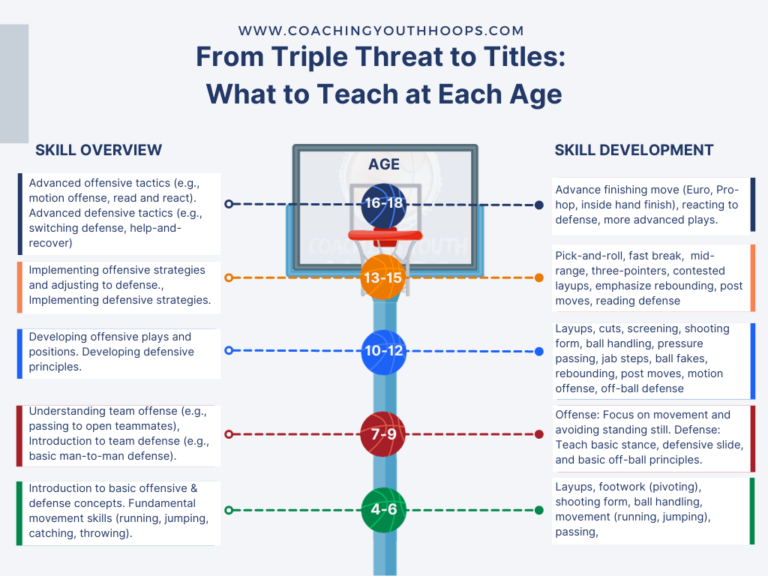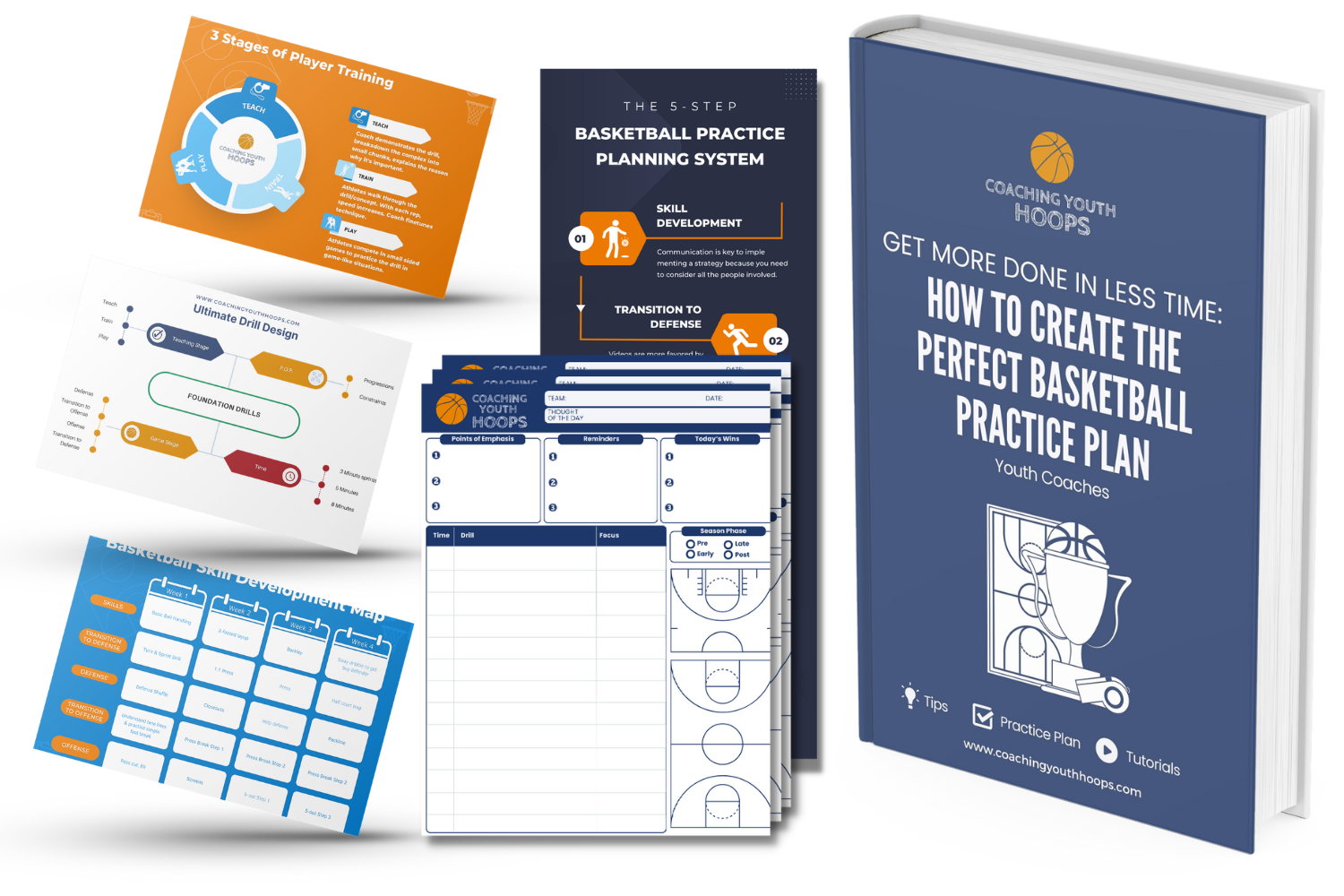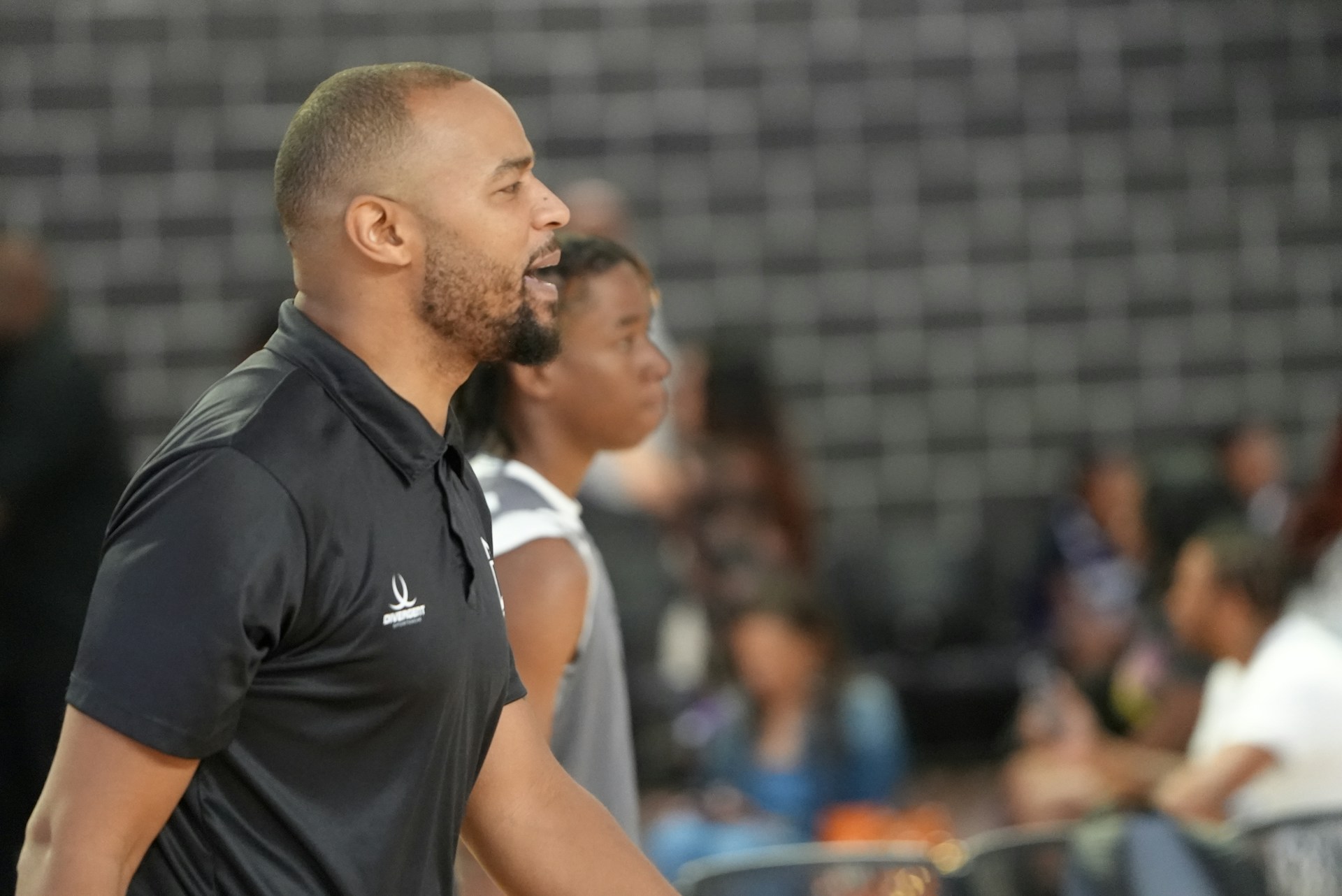Discussion Points:
- Introduction
- What are Adaptive Coaching Strategies?
- 5 Pros of Practice Planning in Youth Basketball
- Conclusion
- FAQs
Rethinking Practice Planning in Youth Basketball: Embracing Change for Better Engagement
What are Adaptive Coaching Strategies?
Adaptive coaching strategies in youth basketball are approaches that allow coaches to modify and tailor their training methods to meet the diverse and evolving needs of young players. These strategies are essential for addressing the individual learning styles, skill levels, and motivational drivers of each player, ensuring that coaching is both effective and engaging. Here’s a closer look at why and how adaptive coaching is applied to practice planning in youth basketball:
Why Adaptive Coaching Matters
- Diverse Skill Levels: Young basketball teams often consist of players with varying degrees of skill. Adaptive coaching helps tailor practices so that each player can work at an appropriate level of challenge.
- Engagement and Retention: Keeping young athletes interested in basketball requires practices that are fun, varied, and directly relevant to their personal goals and the team’s objectives. That makes practice planning in youth basketball incredibly important.
- Rapid Development: Young players can show rapid improvement and changes in physical and mental abilities. Adaptive coaching allows coaches to continuously adjust practices to these developmental changes.
- Learning Preferences: Different players learn best through different methods—some through visual aids, others through physical repetition, and some through verbal instruction. Adaptive strategies cater to these varied learning preferences.
How Adaptive Coaching is Applied
Adaptive coaching can be implemented in several effective ways for practice planning in youth basketball:
- Personalized Skill Work: Coaches can assess the individual skills of each player and provide personalized drills or tasks that target specific areas for improvement. For example, a player struggling with shooting might spend more time on shooting drills tailored to their technique issues.
- Adjustable Complexity: Drills and exercises can be scaled in complexity based on the team’s mastery of the basics. As players improve, coaches can introduce more complex plays or defensive strategies, keeping the learning process challenging and interesting. Having flexibility in practice planning in youth basketball makes this easier to accomplish.
- Feedback-Driven Adjustments: Using continuous feedback from players about what is working or not working in practice, coaches can adjust their plans to better suit the team’s needs. This could mean altering the pace of practices, the types of drills used, or even the coaching style.
- Incorporation of Game-Like Scenarios: Adaptive coaching often involves using small-sided games or scenario-based drills that mimic actual game situations. This method helps players understand how to apply skills in different contexts and under pressure, adjusting the scenarios as players become more adept.
- Interactive Learning Opportunities: Encouraging players to participate in the planning and decision-making process of practices can be highly beneficial. It allows them to voice what they feel they need to work on, and it gives them a sense of ownership over their development, which can be particularly motivating.
Adaptive coaching is about being flexible and responsive to the needs of the team and its individual members. By employing these adaptive strategies for practice planning in youth basketball, coaches can create a more dynamic and supportive environment that promotes growth, learning, and a love for the game in young athletes.
What to Teach at Each Age
Unlock the secret to crafting drills and practice plans that perfectly match your team’s cognitive and motor skill growth at every age level.

5 Pros of Practice Planning in Youth Basketball
Effective practice planning in youth basketball is a cornerstone of successful coaching. By carefully structuring each session, coaches can significantly enhance player development and team performance. Below, we explore the five major advantages of thoughtful practice planning in youth basketball, delving into why each aspect is crucial for a youth basketball team.
- Structured Skill Development
Practice planning in youth basketball allows coaches to systematically develop the essential skills, from dribbling and shooting to defense and passing. By laying out a schedule that gradually increases in complexity and intensity, coaches can ensure that players build strong foundational skills before progressing to more advanced techniques. For example, a practice might start with basic dribbling drills and advance over weeks to include dribbling under pressure in game-like scenarios, thereby reinforcing skills in a structured manner.
- Time Management
Youth sports often face constraints like limited practice durations and varying availability of facilities. Effective practice planning in youth basketball maximizes the limited time available by organizing activities back-to-back, minimizing downtime, and ensuring that each minute is spent productively. For instance, a coach might plan a 90-minute session that includes 15 minutes of warm-up, 30 minutes of skill drills, 20 minutes of tactical exercises, 15 minutes of scrimmage, and 10 minutes of cool-down and feedback, making the most of every session.
- Alignment with Seasonal and Long-Term Goals
Good practice planning in youth basketball aligns daily activities with the team’s broader goals for the season. This could be improving team communication, enhancing shooting accuracy, or mastering a new defensive strategy. By setting clear objectives for each practice, coaches can track progress throughout the season. This approach not only motivates players by showing them the progress they are making toward these goals but also helps coaches make adjustments as the season progresses to ensure targets are met.
- Increased Player Engagement and Motivation
Keeping young athletes engaged is key to their growth and enjoyment of the sport. Practice plans that incorporate a variety of activities, including games, competitive drills, and new challenges, can keep the routine fresh and exciting. Additionally, involving players in setting practice goals or choosing certain drills can increase their investment in the process. For instance, ending practices with a fun, competitive game that incorporates skills worked on in that session can leave players with a sense of accomplishment and eagerness for the next practice.
- Effective Performance Measurement and Feedback
Regularly planned evaluations and feedback sessions within practice allow coaches to monitor player improvement and address areas needing attention. This could involve periodic skill assessments, video analysis sessions, or one-on-one meetings with players to discuss their progress. By having these check-ins scheduled as part of the practice plan, coaches ensure they are consistently tracking player development and providing meaningful feedback, which is essential for the athletes’ growth and confidence.
By embracing these five pros of practice planning, coaches can create a structured, enjoyable, and productive environment that supports the development of young basketball players, preparing them not only for the current season but for their future in the sport.
Boost Skill Development, Eliminate Stress and Run Better Practices

Conclusion
As the nature of learning and engagement evolves, so too must our approaches to coaching. By questioning traditional methods for practice planning in youth basketball and embracing more adaptive strategies, coaches can create environments that not only foster skill development but also keep players motivated and engaged. This shift is essential for developing not just better athletes but more complete individuals.
FAQs
Q: Why is it important to adapt practice planning methods for youth basketball?
A: Adapting practice methods is crucial to meet the contemporary needs of young athletes who are influenced by technology and societal changes, ensuring they remain engaged and receive relevant skill training.
Q: How can coaches determine if their practice plans are effective?
A: Coaches can monitor player improvement, assess player engagement levels during sessions, and seek feedback from the players themselves to gauge the effectiveness of their practice plans.
Q: What should be included in a basic practice plan?
A: A basic plan should include a warm-up, skill drills, tactical drills, scrimmage time, cool-down, and a period for feedback and discussion.
Q: How often should practice plans be changed or updated?
A: While the core structure may remain consistent, the specific drills and focus areas should be adjusted regularly based on the team’s progress, challenges, and the specific needs of the players.
Q: Can parents assist in the practice planning process for youth basketball teams?
A: Yes, parents can provide valuable input regarding their children’s responses to different practice strategies, especially for younger players, which can help coaches tailor plans that maximize player interest and development.



